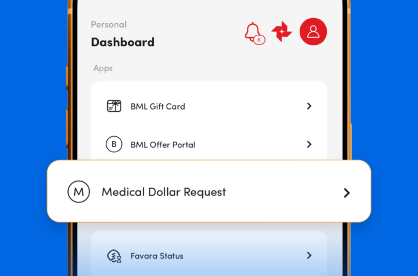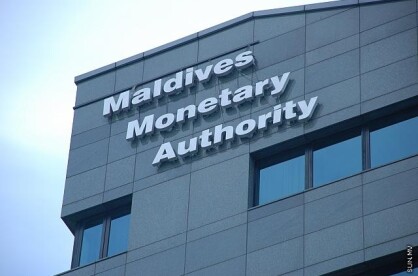On 29 November 2021 the Maldives’ retail economy was virtually brought to a standstill. The Bank of Maldives, while doing some routine upgrades — that the company had failed to make its customers individually aware of through email or even their app — went down for hours on end leaving customers unable to make any sort of transactions. Travellers could not pay their cab fare, hungry customers were left frustrated with their lunch bill, patients with urgent prescriptions were left out in the cold and small and medium sized shops, and businesses, ground to a halt.
The Bank of Maldives always had a lot to live up to in terms of their most recent tagline “Aharenge bank.” The tagline, which translates to “My bank” had been consistently derided for its disconnect with reality. The average customers have had a history of technical issues plaguing them — everything from being on hold, on the customer service hotline, for ages to bank balances resetting to zero with no prior notice or warning. For the most part it would appear that the larger burden of being informed falls to the individual customer rather than proactive communications flowing from the bank to the customer.
On the date of the outage the bank would eventually announce their “Service Interruption” just before noon — but it would take hours before any sort of normalcy would return to customers and the announcement would come after a level of public panic that had previously not been felt in regards to the bank. As the bank went about rectifying the issue people were rightfully upset that their account balance readouts were nothing but zeroes. A small percentage of these people were panic stricken — urgent payments had to be made, and commitments had to be fulfilled, yet their bank could not address their problem. In the frustrating hours that customers spent checking and re-checking their bank balance the bank tacitly assured them that their money was there but all evidence, in terms of their current statements, said otherwise.
This is not the first time such an event has occurred. Certainly in the public sphere it has become a running joke the many glitches one in subjected to and the many hoops one has to navigate in order to gain access to one’s own funds in one’s own bank account at BML. One might imagine why there has not been a large exodus of customers from BML to other banks. The simple answer is that since BML is state owned all of the state programmes, such as automatic salary deposits, pension payments, and other state transactions, are easier established with BML — a majority of salaried employees, as well as pensioners and others eligible for state funds, see themselves as having no choice but to hold their “main” account with the agency.
Being an SOE, a policy directive from the executive is all the institution needs to follow through as opposed to other privately owned banks. However as circumstance should have it the power dynamic in this relationship, at least when it comes to the more general banking consumer, has been turned on its head. With the amount of money that BML generates for the government, it would appear that the government is beholden to the bank in “lesser” matters such as this that do not affect the more commercially viable customers of the bank.
Additionally even as the public cries out for steps to be taken by the regulator — and for the regulator to penalise the bank in some form — the Maldives Monetary Authority has also been silent.
With the regulator uninterested in regulating and the executive unwilling to put due power behind consumer centric policy initiatives, while also failing to prop up and empower any sort of consumer protection mechanisms, the public might be left in a precarious position. Or one may take time to consider an alternative strategy altogether, that “my bank” is no longer going to be BML. Either way the public outcry is clear; this Schrödinger's bank balance needs to be a thing of the past.






